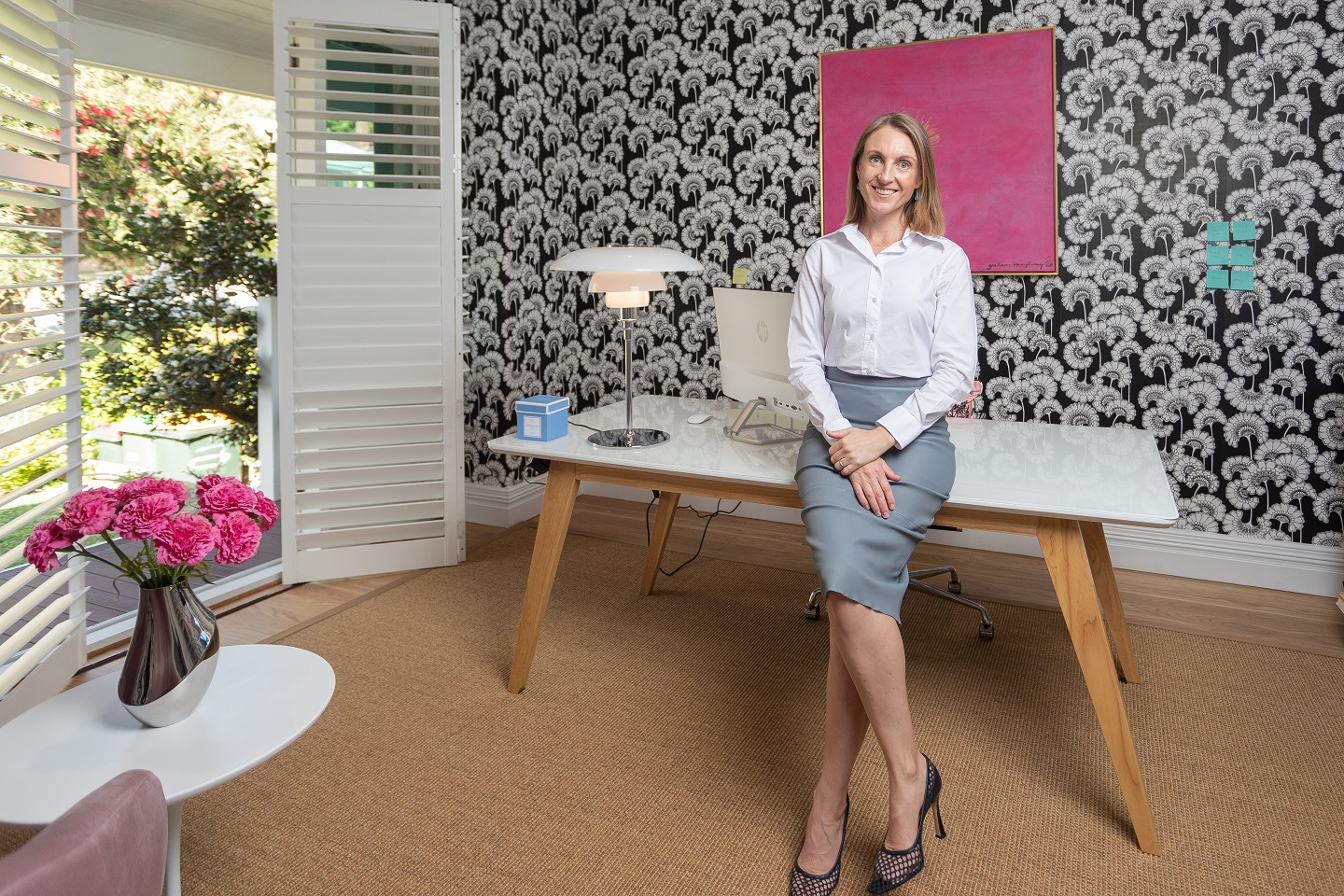New private players are funding films to change the conversation about investment.


Investment in film and television projects may not be top-of-mind for many in a resources-rich state such as Western Australia, but that storyline is slowly changing.
According to Screenwest chief executive Rikki Lea Bestall, private funding for projects has increased in recent years.
“Most feature films made in WA in the past have had some level of private investment, with this level increasing in recent years as the local industry develops,” Ms Bestall told Business News.
“It’s a trend we would like to see continue; we welcome new investors and companies looking to get involved in the screen sector.”
Recently premiered How to Please a Woman was supported by property developer Adrian Fini and his wife Michela, and Venturex Resources managing director Bill Beament helped to fund outback drama The Furnace, featuring David Wenham.
Billionaires Andrew and Nicola Forrest officially entered the film funding game when they founded Minderoo Pictures in October 2021.
The venture, part of the Forrests’ philanthropic organisation, Minderoo Foundation, is run by Australian film industry heavyweight Richard Harris, who includes time as the chief executive of the South Australian Film Corporation among his industry roles.
Minderoo Pictures was created to tell stories promoting the foundation’s initiatives: from the importance of early childhood education, to eliminating plastic waste, and ending modern slavery.
It will provide monetary support, as well as knowledge and personnel from Minderoo Foundation.
With an initial budget allocation of $10 million, Mr Harris said Minderoo Pictures would make a significant difference to the film industry.
“Our hope is that, as time goes on, money will flow back and continue to allow us to make films,” Mr Harris told Business News.
However, he said Minderoo Pictures’ priority was to tell stories that would change the conversation.
“We want to make films that change hearts and minds around the world,” Mr Harris said.
“One hopes that, if you make that great film, the commercial returns will follow.
“It’s not always the case, but that’s the kind of thinking.”
Minderoo Pictures has invested in three projects so far: a movie called Blueback based on a book by Tim Winton; a film about plastics by directors Louie Psihoyos and Josh Murphy; and First Born, a documentary following three First Nations communities across the world to see what can be learned from how children are raised.
More recently, Kanopy founder Olivia Humphrey and former media lawyer and film producer Deanne Weir launched private fund Storyd Group, putting millions of dollars behind it to invest in projects telling women’s stories.
They hope to turn a profit while doing so and prove that investing in Australian films can generate both social and economic returns.
Ms Humphrey said the industry needed proof Australian films could be lucrative to appeal to investors.
“The more profitable an industry is, the more funds it will attract,” Ms Humphrey told Business News.
“We want to play a role in developing the Australian film industry internationally and getting these films on international screens.”
Storyd Group’s strategy is to work with producers from the early stages of a project to ensure commercial decisions are being made.
Ms Humphrey said it was important the Australian films they supported had an international audience to increase the potential for returns.
The pair will also invest in a slate of films to minimise the financial risks of supporting an unsuccessful project.
Ms Weir said she hoped Storyd’s work could help strengthen the relationship between investors and creatives in Australia and foster more private financial support for the film industry.
“One of the things we would like to see if we can help working with a range of people … is maybe unlock some more capital for investment by trying to find a way to slightly standardise that approach to investment and give a little bit more simplicity and certainty,” Ms Weir told Business News.
Storyd Group has invested in three films so far: Seriously Red, The Silent Listener and Run Rabbit Run.
Finding funding
Meanwhile, filmmakers and producers have found creative ways to fund their projects privately.
Local filmmaker Jordon Prince-Wright has secured funding in the most unlikely of places.
Rejected for funding by Screenwest, Mr Prince-Wright approached organisations – including a Chinese restaurant and oil giants BP and Caltex – for in-kind support to make his new movie Before Dawn.
Mr Prince-Wright adopted a creative approach to raising cash for his newest venture, holding quiz nights, screenings and auctions.
He approached museums, RSLWA and Rotary and Lions clubs to help fund the film about WWI, with no commitment too small.
“We even had some ladies rocking up and making sandwiches,” Mr Prince-Wright told Business News.
“It’s been really humbling how everyone has come together as a community.”
All up, the young filmmaker has amassed $7 million of in-kind support for the project.
He followed a similar method for raising capital for his other films, the Decadent & Depraved and Red Dirt.
“In all fairness, it was easier because I had built those relationships and I had a name for myself, a reputation,” Mr Prince-Wright said.
“But it was also harder because the budget was so much bigger to raise.”
Another local film producer, Cody Greenwood, leveraged the support of private investors to kickstart her music documentary Under the Volcano, featuring an interview with musician Sting.
Ms Greenwood said once the interview with Sting had been secured, the project received a lot of traction.
The documentary tells the story of the recording facility AIR Studios started by Beatles producer George Martin on an island in the Caribbean, called Montserrat.
Operating from 1979-1989, the studio attracted some of the world’s most famous musicians, before it was hit by multiple natural disasters, including a hurricane and a volcanic eruption.
With the knowledge the project would resonate with international audiences, Ms Greenwood went abroad to find a distributor to work with.
“For Under the Volcano, I travelled to Toronto to finance that film to a market where I knew those international players would be, and ultimately it ended up with a global deal from Universal Pictures,” Ms Greenwood said.
Other projects, however, were more difficult to attract support.
Ms Greenwood said films focused on more niche subject matters were more difficult to finance, as were those being made by young teams.
“Girl Like You was difficult to finance because when we were at the financing stage, we were considered an emerging filmmaking team and we were also dealing with a film that was about a couple going through gender transition,” she said.
“If there is a built-in audience or the team is perceived to be very established, generally the funding is something that can be pulled together with more ease.”
Ms Greenwood said acquiring private funding was dependent on a filmmaker’s connections and the interests of the investor.
“They might be a fan of an era of music, or they may be an organisation that is passionate about an LGBTQI+ cause,” she said.














